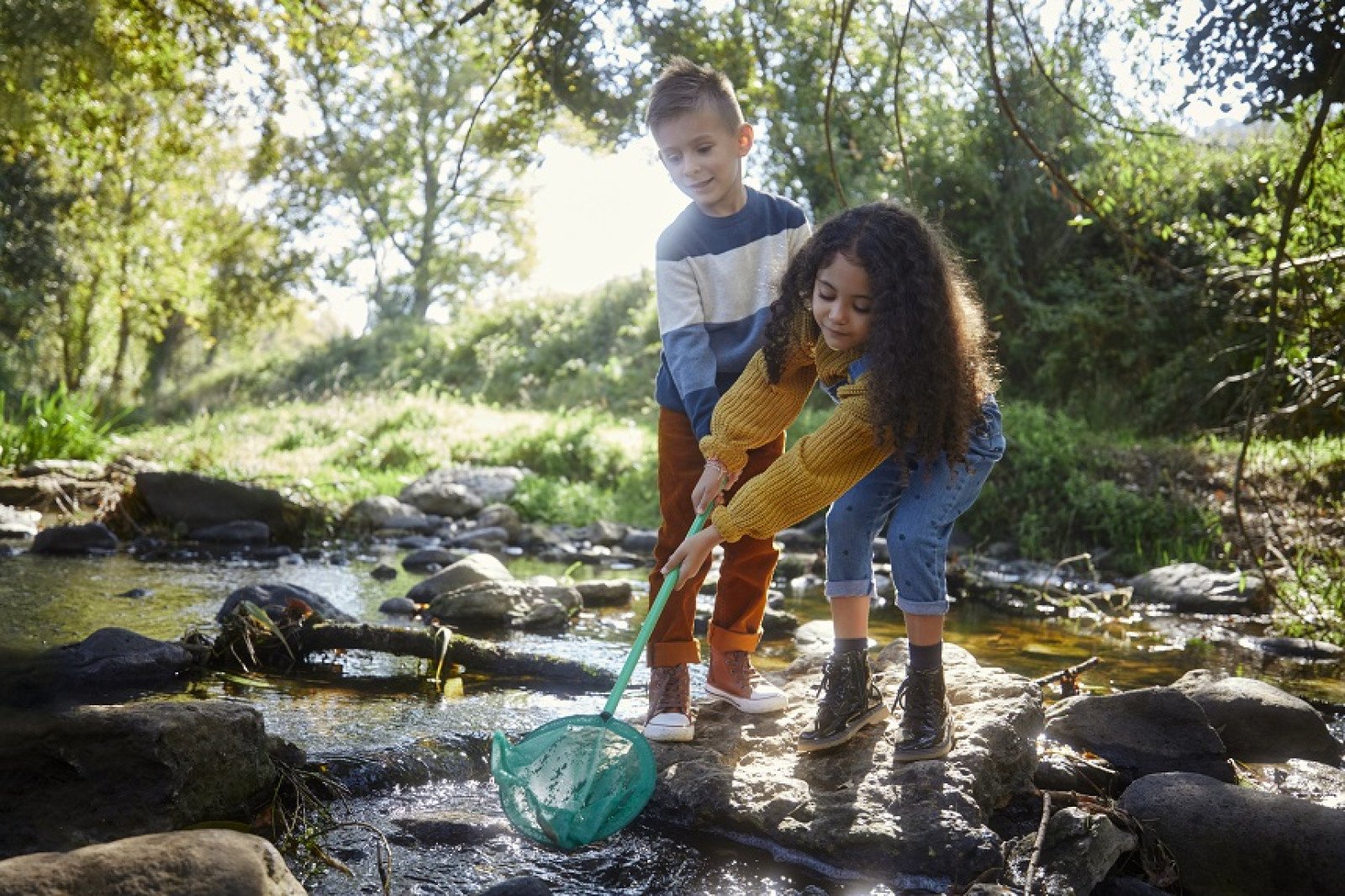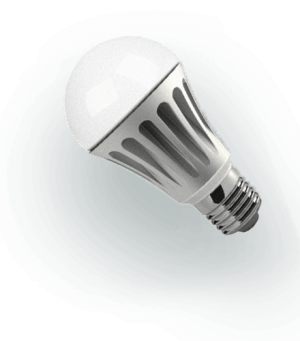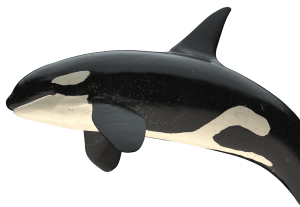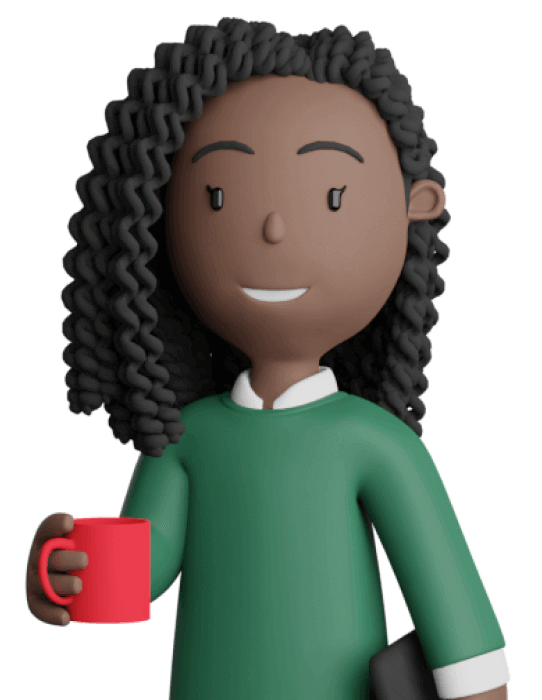Habitat hunt
Play a game outside to learn how all living things need water, and how we can protect them by conserving water.

Overview
Students learn about living things that can be found in our environment, and how they’re connected to water. They’ll play a game outside to search for living things, discuss how they all need access to food, water and safety in their habitat, and how saving water helps protect all living things.
Instructions
What you'll need
- Hydro dam photo
- "Habitat hunt" student hand out, one per pair of students
- An outdoor area like the school grounds where living things might be found, ideally with features like trees or garden beds
- Optional: The water cycle video
Introduction
- Start by discussing how in B.C. we make electricity with the power of falling water. Show students the image of the hydro dam in B.C. and point out the lake, dam, and river. Share that making electricity using water is good, as we need electricity and using water for our power helps keep the air clean. Optional: Play the water cycle video.
- Ask students to share ways we use electricity in our lives. Consider how we use electricity for powering our lights and devices like mobile phones, computers, and sometimes heating our homes.
- We use water to make our electricity in B.C., but water has other uses. Have students consider different ways we use water, like for drinking, bathing, and cleaning. Now have students consider who else besides humans need water, like plants and animals who live in and around water.
- Tell students that if we use too much water, there might not be enough left in lakes and rivers for plants and animals that also need water. We need to save water with actions like turning off the tap and taking shorter showers.
Habitat hunt
- Explain to students they're detectives and will be going outside to discover what living things live in the school grounds.
- Provide each pair of students a copy of the “Habitat hunt” handout, a pencil and, if available, a clipboard.
- Review all the items on the handout so everyone knows what they're looking for. Encourage students to get close to the ground and look under objects like rocks, logs and to look up in trees. Remind students that they might not find all the objects on the sheet, but they might find more than one of others, like trees or insects. They can put a tick mark in the box for each one they find.
- Power down the classroom, dress for the weather, and head outside to explore.
- After searching and recording, have students share what they found, where they found them, and why these living things like living in that location. For example, why was the insect under a rock or the bird on the tree? Ask students to think about what living things need to survive, like food, water, and a safe habitat.
- Ask students what they think might happen if there’s not enough water for plants and animals.
- Connect this idea to the lakes that store water for drinking and for making electricity. Ask students what lives in those lakes - fish, like salmon rely on water in lakes and rivers to survive, and salmon feed other animals such as bears and eagles.
- Share that if we waste water and electricity, we might not be leaving enough water in those lakes for plants and animals that need it too. If we save water and electricity, then animals, trees and people can share the water and have a home.
Modify or extend this activity
- Modify the activity by going to a local park, stream, or a forested area to find different living things.
- Have students draw a picture of an outdoor area with different living things that they found.
- Pull up the “Save water and share habitat” activity to play a game about saving water so we all have a place to live.
Curriculum Fit
Grade 1 Science
Big Idea
Living things have features and behaviours that help them survive in their environment. Sample question: How do local plants and animals depend on their environment?
Curriculum Competencies
Questioning and predicting
- Demonstrate curiosity and a sense of wonder about the world
- Observe objects and events in familiar contexts
- Ask questions about familiar objects and even
Make and record observations
- Make and record simple measurements using informal or non-standard methods
Processing and analyzing data and information
- Experience and interpret the local environment
Grade 1 Physical and Health Education
Content
- Daily physical activity helps us develop movement skills and physical literacy and is an important part of healthy living.
- how to participate in different types of physical activities, including games
Curricular competencies
Physical literacy
- Develop and demonstrate a variety of fundamental movement skills in a variety of physical activities and environments
Social and community health
- Develop and demonstrate respectful behaviour when participating in activities with others
Assessments
- Assess students’ understanding of what living things can be found outdoors and how they need water to survive
- Assess students’ participation and cooperation in working in pairs, and searching and recording living things.
- Assess students’ ability to connect and engage in group discussions by listening and sharing ideas.
Teaching Notes
Clean energy powered by water
BC Hydro uses the power of falling water to create clean, reliable electricity. BC Hydro generates 97% clean energy.
Electricity conservation
Electricity conservation in B.C. is an important message since wasting energy also wastes water.
The following are some energy saving tips:
- Turn off unnecessary lights, and/or switch to LEDs, which reduce energy use by 75% compared to incandescent lights.
- Take shorter showers and switch to a low flow showerhead. A low flow showerhead uses nearly half the water per minute of a regular showerhead. This reduces both water and energy.
- Turn off water when washing hands and brushing teeth. Leaving the water running can waste 10 litres of water per minute.
- Unplug unused electronics. Standby power can account for 10% of an average household's annual electricity use.
- Install and manage a thermostat. Programming to lower your heating at night and when you are out can save a lot of energy.
- Be strategic with window coverings. Closing curtains and blinds at night can keep the heat in.
See BC Hydro energy saving tips for additional tips and cost savings.
Water in our lives
In B.C., we use about 300 litres of water per person per day (Statistics Canada, 2013). We use water every day to drink, flush our toilets, brush our teeth, run our baths, grow and cook our food, wash our dishes and clothes, and make our electricity. Our province has a lot of surface water in lakes and rivers, but despite this, only one per cent of water on Earth is readily accessible to consume. When students understand how they use water, they can explore ways to reduce their water use.
Water conservation
At our reservoirs, changes in water levels can affect the spawning cycles of certain species of fish. Lower water levels in reservoirs impacts wildlife in the reservoirs and downstream, particularly during summer months. Across B.C., access to water relies on snowmelt. As the climate changes, warmer, wetter winters and longer, dryer summers mean less access to fresh water.
Water conservation is especially important during summer months, but it has benefits year-round. Using less water also decreases the amount of water that requires treatment, thus saving energy, and it reduces sewage and infrastructure costs. Overflowing of sewage systems during heavy rainfalls can lead to flooding and mudslides.







